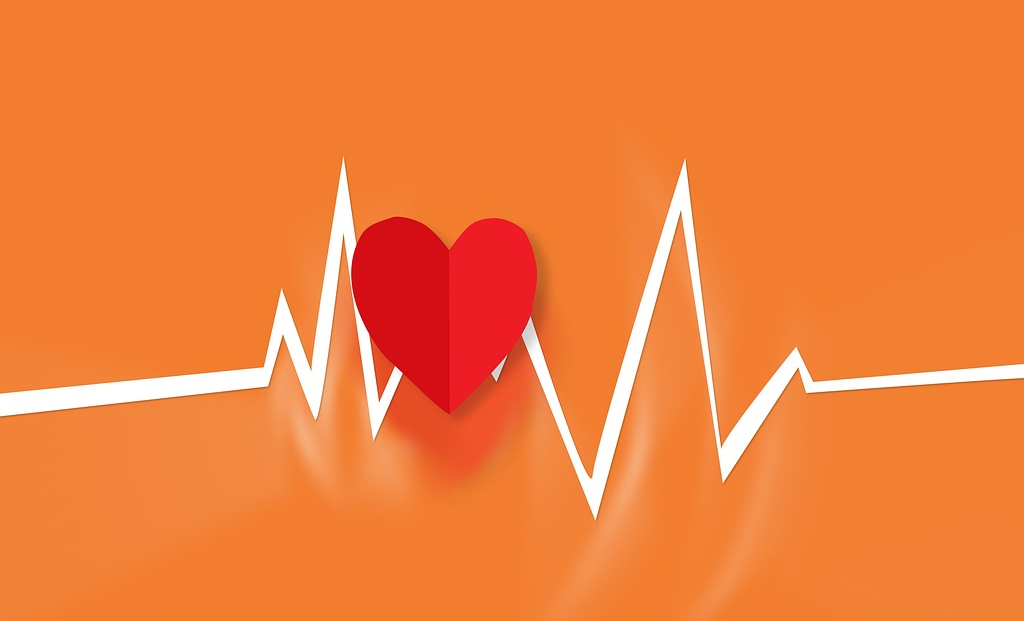Heart disease is the leading cause of death across the world. As per a review of 15 studies conducted across 50 countries including India, has found that women experience severe outcomes after being diagnosed with and treated for heart issues. The findings of the analysis have been released in the peer-reviewed journal known as Arteriosclerosis, Thrombosis, and Vascular Biology. Experts involved in the analysis have revealed that when women are diagnosed with cardiac issues, they might experience more than the usual chest pain.
Symptoms of cardiac issues like jaw pain, vomiting, and abdominal pain are more frequent among women. Doctors need to identify these symptoms to avoid delays in diagnosis and treatment.
Rate of heart attack among young females is shooting up
The authors of the analysis have said that the rate of hospital admission due to heart issues among women is less as compared to men as they tend to overlook the onset of symptoms. The findings have shown that the rate of heart attack among young females is shooting up. The rate of heart attack among women in the age range of 35 to 54 years has shot up from 21 percent to 31 percent in recent years.
In another study conducted on 15,000 patients suffering from coronary artery disease, women have been found to be at six times increased risk of death within 30 days.
Premature menopause, hypertension during pregnancy, and endometriosis are some unique risk factors linked to heart issues among women. Experts have found that a blood test, a high-sensitivity troponin assay biomarker used for the diagnosis of heart issues can give misguided results when it comes to women. Although the biomarker is correct, the way recommendations are described per gender for reading the biomarker. It might be due to the hormone interference in the outcomes of the test.
Dengue Case On Rise: Diet Tips To Increase Platelets Count And Pace Up Recovery | ALSO READ
The outcomes of the analysis show that the variations by gender for hospital admission, symptoms, diagnoses, and treatments have led to women facing more severe outcomes as compared to men for heart disease.











